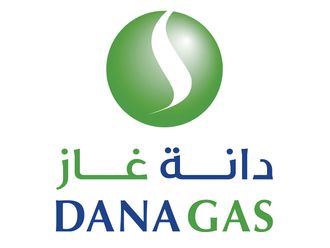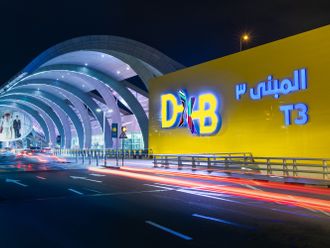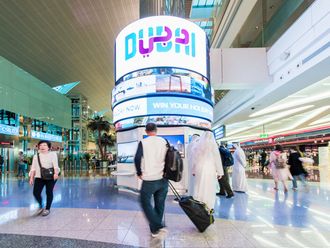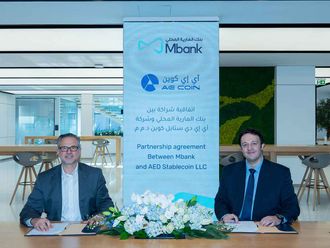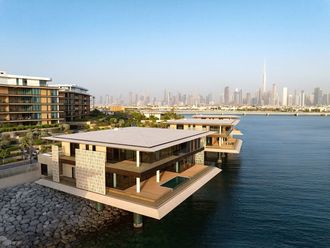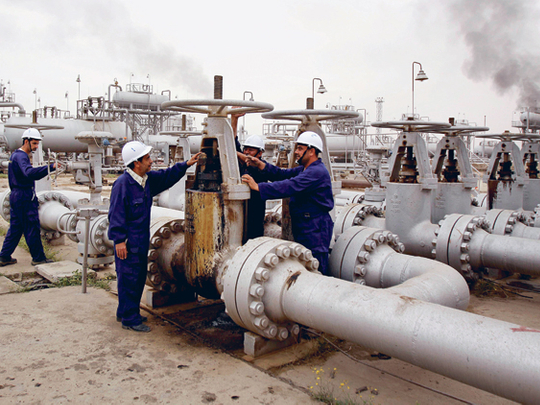
Baghdad: BP Plc and ExxonMobil Corp. took the best deal they could get in Iraq last year when they won the largest oil contracts since Saddam Hussain was toppled in 2003. Oil companies may wait a long time to get a better one.
Parliamentary elections may produce a weak or unstable government incapable of tendering new oil contracts, said Samuel Ciszuk, a London-based analyst at IHS Global Insight. He said he does expect the 10 technical-services contracts won by Exxon, BP and 20 other companies to be honoured.
"One thing that's fairly certain is there won't be a strong coalition, so it may take time for the next government to get its act together," Ciszuk said in a telephone interview. "Bottlenecks could hold up production increases" if no government forms by June.
Western producers haven't had access to oil fields in southern Iraq since 1972, when the country nationalised production including concessions owned by the companies now known as BP, Royal Dutch Shell and Exxon.
Auctions
The contracts awarded in two auctions, which pay a per-barrel fee for development work rather than granting a share in the production itself, will cost the companies a total of about $100 billion to develop deposits, Oil Minister Hussain Al Shahristani said in December. Iraq, with the world's third-largest oil reserves, will earn about $200 billion a year.
A group led by BP, which vies with Shell as Europe's largest oil company, will receive $2 billion per year in fees to develop the Rumaila field. A Shell-led group will get $913 million and a group led by Exxon, the largest US oil company, will receive $1.6 billion per year. Each calculation is based on the agreed-to per-barrel fee times the maximum production level.
"We see this as the beginning of a long-term relationship with Iraq and will continue to look for further opportunities," Andy Inglis, BP's chief executive for exploration and production, said on a conference call on Tuesday.
Prime Minister Nouri Al Maliki, whose government signed last year's oil contracts, is running against an array of opponents. Sunni, Shiite and Kurdish factions, along with a pan-sectarian party, all are in the race with Al Maliki's Shiite-based Rule of Law coalition.
The sectarian blocs are also divided one against another, making it unlikely any one group can win a majority.
"This is the most wide-open election in Iraq's history," said Faleh Abdul-Jaber, director of the Beirut-based Iraq Institute for Strategic Studies, in a tele-phone interview.
A change in Iraq's government won't affect contracts signed last year, Al Shahristani said in an interview in Baghdad.
The amount of work needed on the contracts means the oil companies can afford to wait for a new government to form and consolidate its power before pressing for fresh production or exploration contracts.
The only region where companies participate in more than fee-for-service work is in Iraq's north. Companies including Norway's DNO International are pumping crude in the Kurdish autonomous region under production-sharing agreements not recognised by the central government.
Indecision over forming a government could delay investment in oil projects, said David Bender, a Middle East analyst at Eurasia Group in Washington.
"Iraq is one of the most attractive oil markets in the world," Bender said. "The international oil companies may feel that getting in at the beginning improves their long-term prospects."
Contracts
Winning contracts to explore undiscovered and untapped deposits under more favourable terms is a long-term goal for producers operating in Iraq, said two officials with oil companies that won contracts last year. The officials asked not to be identified since they aren't allowed to speak publicly about company policies in Iraq.
Iraq has much work ahead to meet its production goals, so new exploration agreements are unlikely to be signed soon, said Manouchehr Takin, an analyst at the Centre for Global Energy Studies in London. "People are going to ask, ‘Why should we sell resources that can't be reproduced? What is the rush?'" he said.
London-based BP and China National Petroleum Corp. agreed in June to produce 2.85 million barrels a day at Rumaila, the only field locked up in the first round and one of Iraq's largest.
Exxon, based in Irving, Texas, together with Shell, based in The Hague, pledged to pump 2.33 million barrels of crude a day from the first phase of the West Qurna field. Patrick McGinn, a spokesman for Exxon, said in a earlier e-mail that the company doesn't comment on political issues.
Shell also was the lead partner with Malaysia's Petroliam Nasional Bhd., or Petronas, winning a contract to boost output at the Majnoon field to 1.8 million barrels of oil a day.
"Big or small, no company wanted to be left out of Iraq," Takin said.


